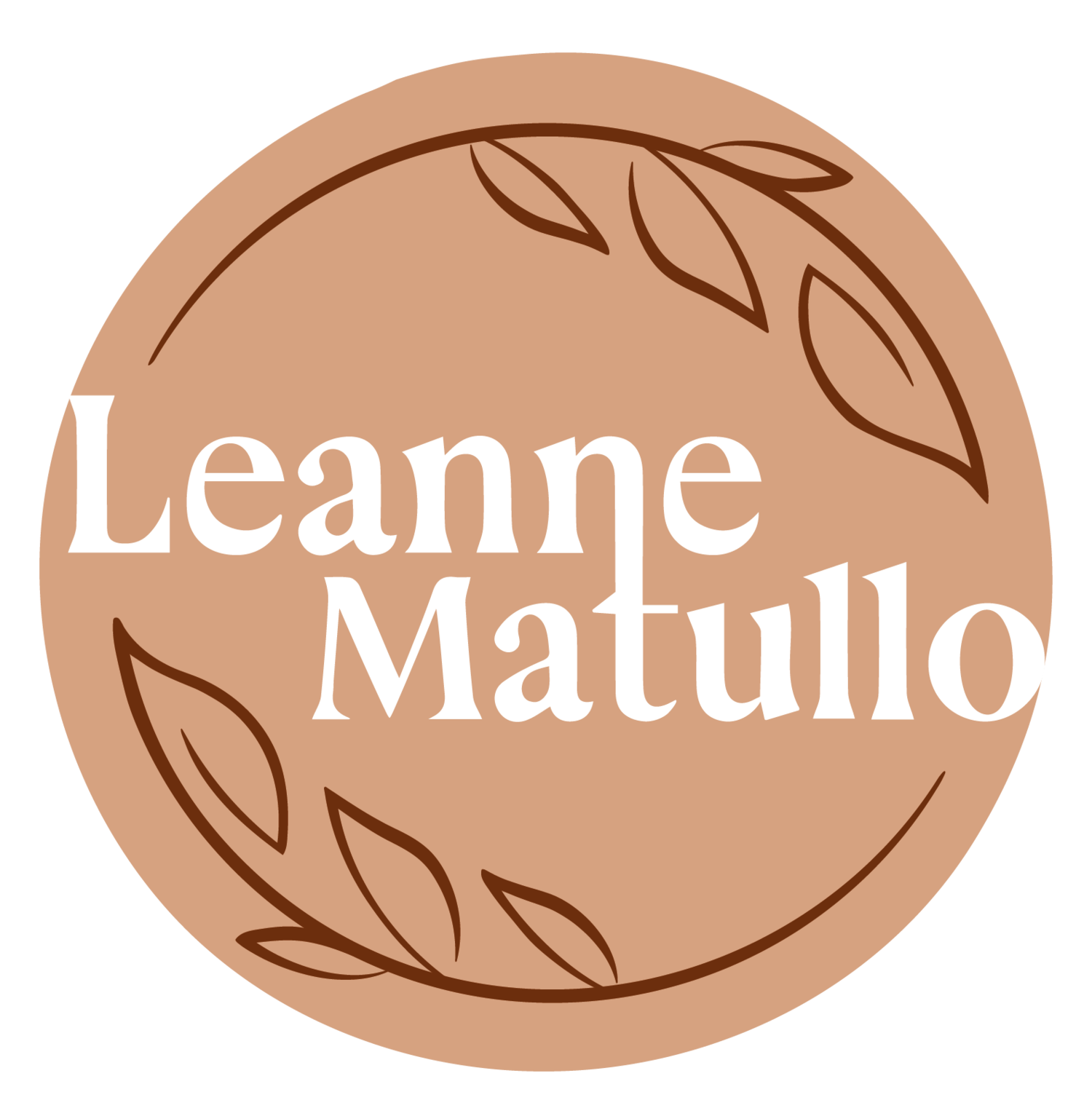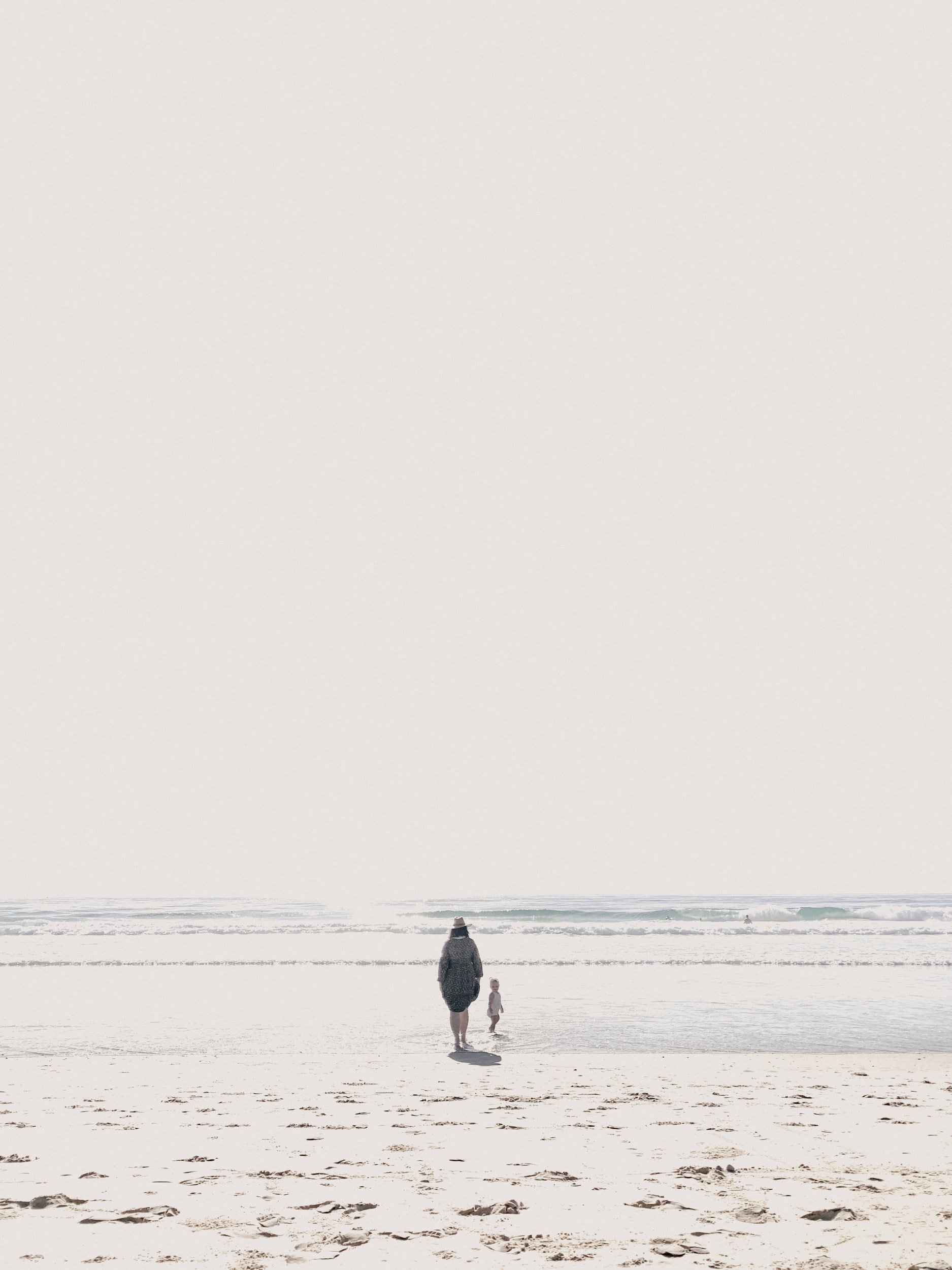What “mother” means
Tenderness does not equal weakness.
A few weeks ago, I began guiding another perinatal mentorship for the Inner Peace Yoga Therapy school. Alongside the mechanics of perinatal yoga therapy, I always tell the story of Durga.
Durga is one of the great Goddesses in India and particularly in the Vedic lineages. She’s often depicted with eight arms, hands full of weapons and standing on a dead body. In other images she’s portrayed peacefully riding on the back of a lion alongside a small child.
She’s a mother. She’s a warrior. She knows what it is to feel and feel deeply. She knows what it is to bravely face death. She knows how to alchemize her sacred rage, anger, sadness, and anxiety into a way of living that literally changes the fate of the world.
The Gods revere her. The demons are scared of her. Her children adore her. She is ferocity and gentleness. She is love.
Stepping into the role of “mother” is a Durga tale, and you don’t necessarily need to have biological children to be on the path.
Image of Durga Maa
Durga challenges the norms and gives us the courage to forge a new way. The Gods called on her for a reason when the asuras were running amuck and wreaking havoc on the heavens and Earth. They never thought they could be defeated by a woman. Too bad, they didn’t know strength of the Durga woman. They didn’t know that she could produce Kali, another mother/warrior Goddess, from her third eye, which was positively terrifying for those demons to behold.
Of course this is all allegorical, and it’s also energetic. We’re meant to see ourselves in Durga and she’s meant to inspire us, to remind us of all the dichotomies that lie within us. I call upon her stories when pondering questions like:
What does it mean to be a mother?
What does it mean to mother?
What does it mean to be mothered?
Where is the line of life and death?
What dies within us as we prepare for pregnancy and birth humans?
What dies when we enter any new chapter in our lives?
What does the postpartum period teach us about who we really are?
What makes me angry about the world? What makes me sad? What can I do with those emotions?
Why does it even matter?
In society that has separated itself from nature and physiology, we must examine these questions for ourselves and for those around us. For me, I think to be a mother is to finally learn and hold dear all parts of you. Not the “you” that you thought you were, but the one that emerges from the ashes.
Pregnancy can be challenging. Getting pregnant can be a struggle. Birth and labor call for the utmost surrender. Postpartum often brings us to our knees. And, even if all of these phases are a walk in the proverbial park, there will be challenges with raising children that hit all of our trigger buttons. That’s the point. It’s all a part of our evolvement.
Each phase is a little death. A shedding of what was before so that what is can emerge. All kinds of scenarios apply - empty nesting, retirement, losing a job, moving, going off to college, death in the family, illness and dis-ease, new jobs, and so on. Walking a spiritual path is also like this, because you can no longer “unsee.” You face the darkest parts of you.
Motherhood is a chance to heal the parts that need tending, because our children will reveal them, even when we try to keep them in the shadows. That’s an initiation. If we allow it.
I shared with my own teacher this past week: When we work with the roots of life, then we change all of humanity. So while, yes, the work I’ve been embedded in in recent years directly serves women, mothers, and babies… those roots then become branches and stems and flowers and fruits that ripple into whole families, whole communities.
Durga knows this. She knows that the energy of mother can destroy and rebuild for the sake of those she loves…her children, the Earth, the heavens, herself. She knows that tenderness is a strength. That through tenderness we practice empathy, and that empathy is necessary to rebuild a life, a home, a world.
This fall, I’ll share more about Durga, Kali and others who inspire me daily in this process of “Mother” and understanding how to serve those who share this title [in many ways] in the Afterglow Perinatal Yoga Training. Read more here. I hope you’ll join us.
Jai Ma.
With love,
Leanne
P.S. What does “mother” mean to you? What does being mothered mean to you? I’d love to hear it. My definitions are always evolving.







